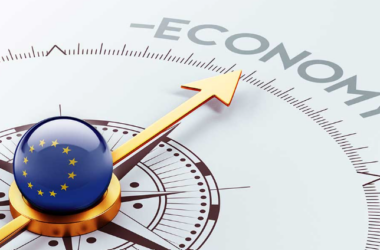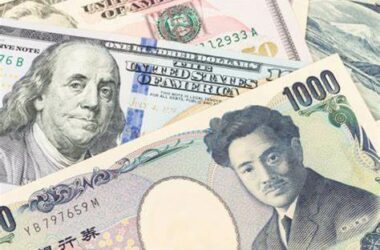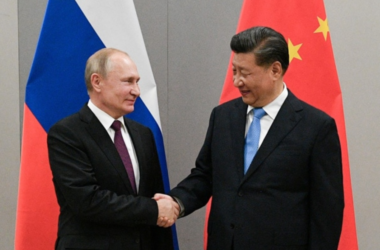According to a top official at the economic planning agency, China’s recent initiative to bolster demand is poised to significantly influence growth in the near future, as reported on Thursday.
In response to international concerns regarding oversupply and a deceleration in growth, Beijing unveiled plans earlier this year to reinforce domestic demand through subsidies and incentives aimed at facilitating equipment upgrades and consumer product trade-ins.
Official projections anticipate an annual spending surge of well over 5 trillion yuan ($704.23 billion) on equipment and unspecified “trillions” on consumer goods such as automobiles and household appliances.
Zhao Chenxin, the deputy head of the National Development and Reform Commission, affirmed that implementation is already in progress, expressing confidence in the initiative’s potential to yield increasingly substantial outcomes.
China has set a GDP growth target of around 5% for the current year, following a 5.2% increase last year. While analysts initially questioned the feasibility of achieving this target without additional stimulus, recent adjustments by Goldman Sachs and Morgan Stanley have aligned forecasts more closely with the official target, buoyed in part by manufacturing growth.
Beijing aims to bolster equipment investment by over 25% between 2023 and 2027, translating to approximately 0.5 percentage points in added GDP growth annually, according to Bruce Pang, chief economist for Greater China at JLL.
Additional objectives for 2027 include enhancing the energy efficiency of major energy-consuming equipment, doubling the volume of recycled automobiles, boosting the transaction volume of secondhand cars by 45%, and increasing the recycling volume of household appliances by 30%, Zhao revealed.
Emphasizing a multifaceted approach, Zhao underscored that the policy not only seeks to stimulate consumption and investment but also prioritizes carbon emissions reduction and safety enhancement, aligning with Beijing’s pursuit of “high-quality growth.”
Regarding fiscal support for these upgrades, Zhao assured robust backing from the central government, while Fu Jinling, director of the finance ministry’s economic construction department, outlined plans for subsidizing agricultural machinery upgrades and providing tax incentives for water conservation.
Fu also mentioned the People’s Bank of China’s intention to increase loans for businesses to procure new equipment and enhance their technological capabilities.
China is slated to report first-quarter GDP data next week. Francoise Huang, senior economist at Allianz Trade, anticipates some improvement from the latter half of last year, though overall GDP growth is expected to moderate compared to the previous year.
Thursday’s press briefing also featured officials from various ministries, reflecting Beijing’s concerted effort to enhance policy coordination.
While the precise impact of these initiatives remains challenging to gauge, Pang noted that it signifies a promising start for Beijing’s efforts to streamline policy coordination across government ministries.
Shan Zhongde, deputy head of the Ministry of Industry and Information Technology, detailed plans to promote digitalization in major industrial enterprises, aiming for over 90% adoption by 2027, alongside initiatives to integrate robotics and construct digitally connected “smart” factories.
China’s robust industrial policy support has propelled its ascent as an export powerhouse, with increasing prowess in manufacturing higher-end products like electric vehicles. Despite these gains, concerns persist over rising protectionism, particularly in light of recent discussions between U.S. Treasury Secretary Janet Yellen and German Chancellor Olaf Scholz regarding China’s industrial overcapacity.
An Allianz Trade report released on Thursday highlights China’s escalating dominance in global exports across key sectors, surpassing even Germany in areas such as machinery, chemicals, computers, and household equipment.








